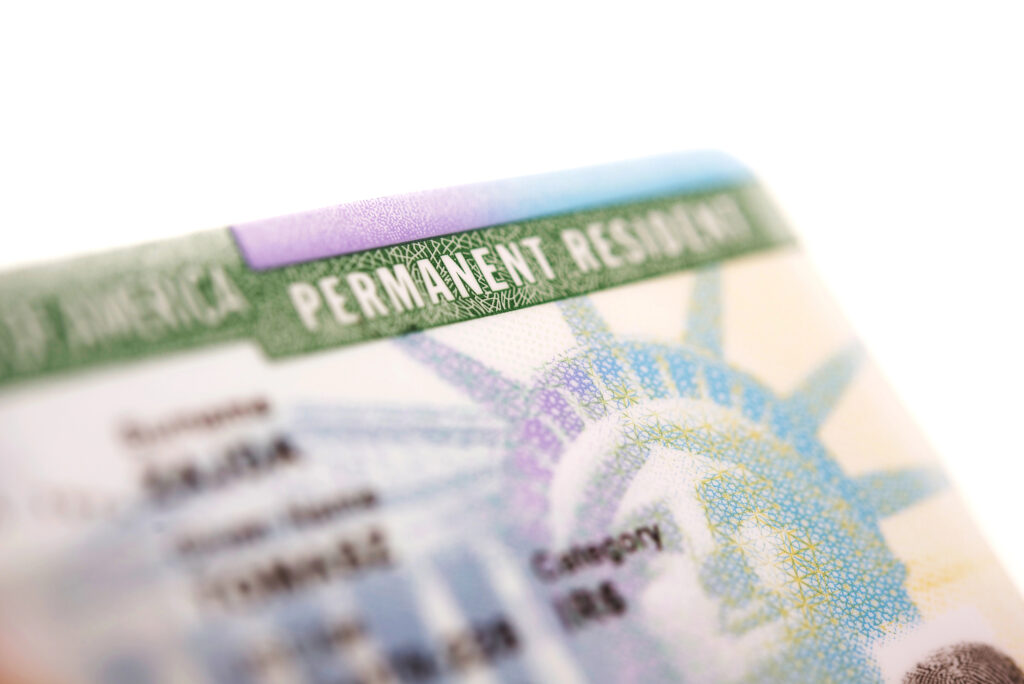So you did something wrong in the past. It wasn’t that bad and it was a long time ago. You’re not that person anymore and it doesn’t make sense for it to continue impacting your life. Isn’t it about time something was done about it?
But what is there to be done? That’s what we’re going to answer today. Two terms that you’ve probably heard already are sealing and expunging a criminal record. They’re similar but different enough that it’s important to look at them each in turn. But before we can look at either of them, we have to first understand what a criminal record is in the first place.
What is a Criminal Record Anyway?
A criminal record is the term we use for what is legally called criminal offender record information or CORI. In Boston, your CORI would be a report that covers a summary of any criminal cases you’ve had in Massachusetts state courts. However, restraining order cases and child abuse cases such as those handled by the Department of Children and Families would not be included on your CORI.
Unfortunately, having something on your criminal record can make it difficult to find a job or get housing. But the worst part is that even cases where you won or were found not guilty, would show up on your criminal record and so you could have difficulties even if you were proven in a court of law to have been innocent of the charges against you.
The first step to determining whether you can seal or expunge something from your record is to first find out what is on that record. You can obtain a copy of your CORI report through the Department of Criminal Justice Information. It’s possible to do it online or by mailing a notarized CORI request form along with a money order of $25 to the agency.
What Does Expunging a Criminal Record Do?
Expunging a criminal case is a way of taking that criminal case off your CORI completely. As the General Laws explain it, it is the complete and permanent erasure of a record so that the record is no longer accessible. This means that the record of the case would be destroyed and future criminal justice agencies, state agencies, and the like would not be able to access the record.
Basically, if you want to completely wipe away the very existence of a criminal case then expunging will do that. However, there are very strict rules about when this can be used. Basically, expungement can be used in two specific cases:
- When a felony is older than seven years or a misdemeanor is older than three years, expungement may be possible if: you have to have no more than two separate criminal cases on your record; the offense occurred before your 21 birthday; the offense didn’t end in death or serious bodily injury; it was not committed with the intent of causing death or serious bodily injury; it wasn’t committed while in possession of a dangerous weapon; disabled or elderly people were not the victims; it is not a sex offense; the offense wasn’t a DUI or OUI; the offense wasn’t a firearms violation; the offense isn’t an assault or battery
- Section 100K Expungement; This is what is used when an offense was decriminalized; when a case was the result of a police mistake; or when there was some kind of miscarriage of justice. This is often the mistaken identity expungement. You get called to court on a charge only to find out it was meant for somebody that shared your name. Other examples of when it is appropriate is when you’re identity was stolen, there were errors by law enforcement or witnesses, fraud was perpetrated on the court, or other sources of errors that could result in the wrong person being tried
What Does Sealing a Criminal Record Do?
Sealing a criminal record is a little bit different. For one, it is a less extreme manner of getting rid of a record because it doesn’t outright destroy it. However, sealing a case would still remove it from your CORI.
Sealing a case would make it so a potential employer or landlord would have no clue about the criminal case. In this manner, it would function exactly as expunging a criminal case does. The only people who could access a criminal record that has been sealed is law enforcement or sometimes a firearm application can require access to a sealed record.
This means that a sealed case could still come back to haunt you if you were getting into troublesome legal waters. But since you don’t need to reveal that you have a record sealed, there is no way for non-law enforcement officials to find out about it. This means that the charge would no longer follow you around and impact your comfort of living.
However, keep in mind that this only affects your CORI. If your neighbors or the local area already know about the case then the stigma associated with it could continue to affect you. However, if you chose to move to a new location then it would be nearly impossible for that same stigma to follow you. At least, if it did then it wouldn’t be because of your criminal record.
How Do I Go About Getting a Criminal Record Sealed or Expunged?
Each of these has its own route that must be followed. Likewise, these options are only viable in certain circumstances as determined by the law. Sorting out what is the best to apply for can be difficult but it’s easier when you work with an attorney from Toland Law. We can help you with everything from obtaining your CORI report to determining the best way to go about getting a criminal case sealed or expunged. Reach out to us today to learn more about how you can move past your criminal record.









